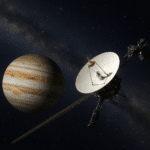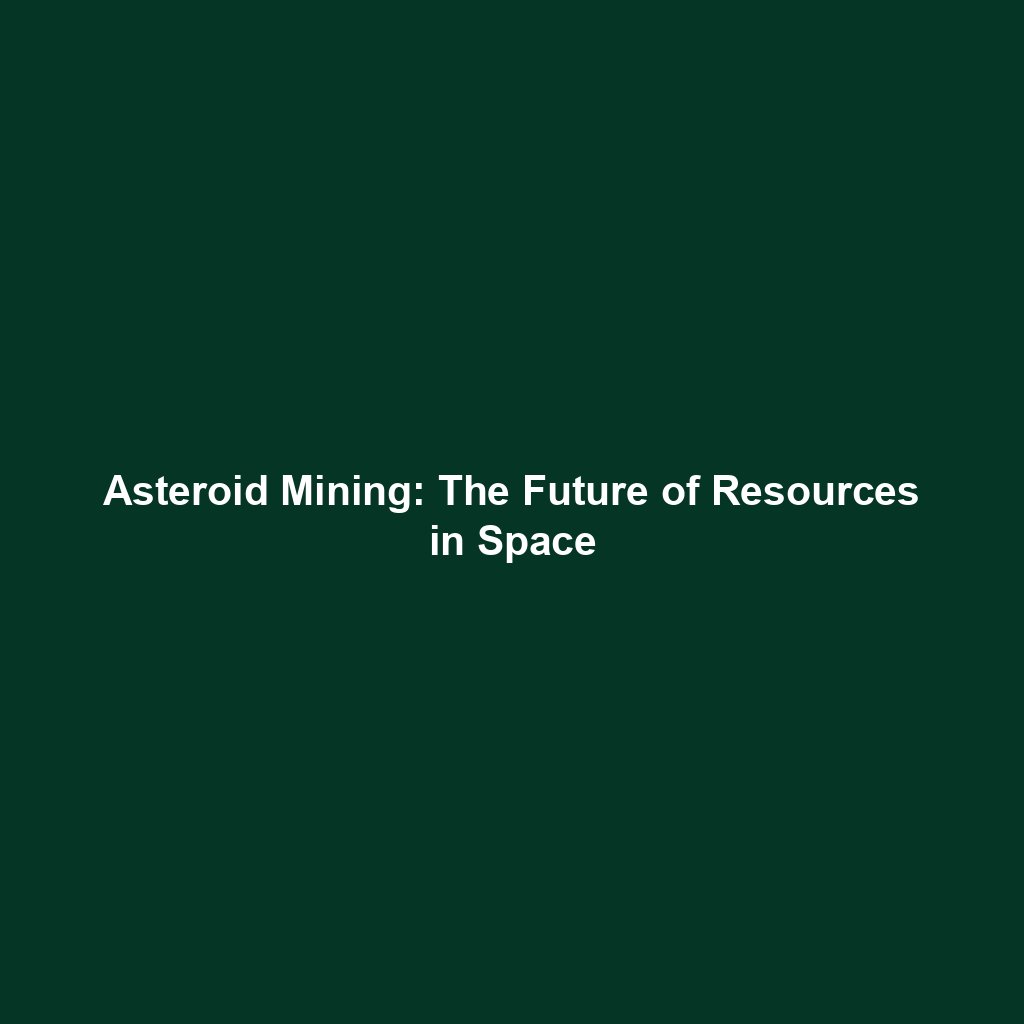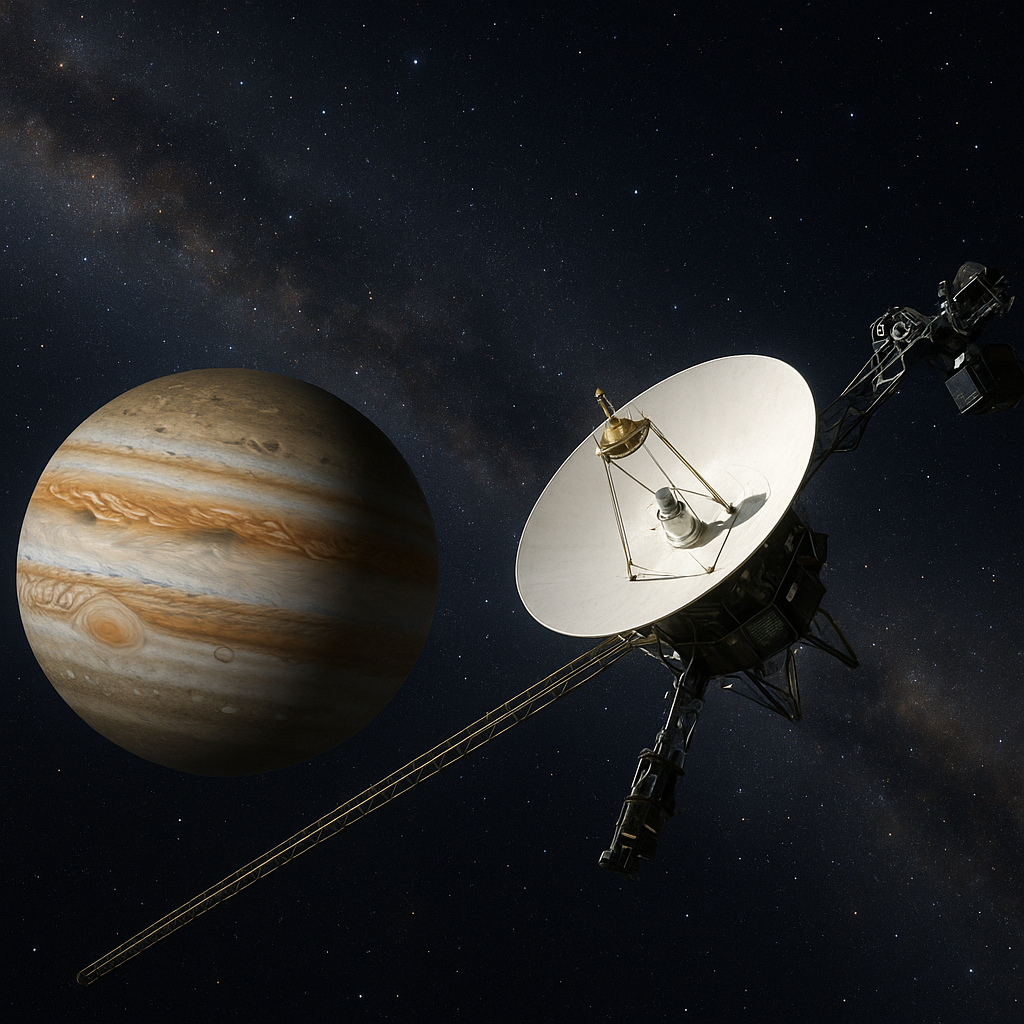Asteroid mining represents a groundbreaking frontier in the quest for resources beyond our planet. As Earth’s natural resources become increasingly strained, the potential of mining asteroids offers a promising solution to meet the growing demands of our global population. This article delves into the intricacies of asteroid mining, exploring its potential benefits, technological challenges, and the future it holds for humanity.
The Potential of Asteroid Mining
Asteroids, the rocky remnants from the early solar system, are rich in a variety of valuable materials. These celestial bodies contain metals such as iron, nickel, and cobalt, as well as precious metals like gold and platinum. The abundance of these resources in space far exceeds what is available on Earth, making asteroid mining an attractive prospect for future resource acquisition.
One of the most compelling reasons to pursue asteroid mining is the potential to alleviate the pressure on Earth’s dwindling resources. As the global population continues to grow, the demand for raw materials is expected to increase exponentially. By tapping into the vast reserves of asteroids, we can secure a sustainable supply of essential materials, reducing the environmental impact of terrestrial mining operations.
Moreover, asteroid mining could play a crucial role in supporting space exploration and colonization efforts. The resources extracted from asteroids could be used to build and maintain space habitats, fuel spacecraft, and support life on other planets. This would significantly reduce the cost and logistical challenges associated with transporting materials from Earth, making long-term space missions more feasible.
Technological Challenges and Innovations
While the potential benefits of asteroid mining are immense, the technological challenges involved are equally significant. Extracting resources from asteroids requires advanced technologies and innovative solutions to overcome the harsh conditions of space.
One of the primary challenges is the development of spacecraft capable of reaching and landing on asteroids. These missions require precise navigation and control systems to ensure successful rendezvous with these small, fast-moving targets. Additionally, the low-gravity environment of asteroids presents unique challenges for mining operations, necessitating the development of specialized equipment and techniques.
Innovations in robotics and automation are expected to play a pivotal role in overcoming these challenges. Autonomous mining robots equipped with advanced sensors and tools could be deployed to extract and process materials on-site, minimizing the need for human intervention. These robots would need to be highly adaptable, capable of operating in a variety of asteroid environments and conditions.
Another critical aspect of asteroid mining is the transportation of extracted materials back to Earth or other destinations in space. This requires the development of efficient propulsion systems and cost-effective methods for transferring resources across vast distances. Innovations in propulsion technology, such as ion thrusters and solar sails, could provide the necessary solutions to make asteroid mining economically viable.
Legal and Ethical Considerations
As with any new frontier, asteroid mining raises important legal and ethical questions that must be addressed. The current legal framework for space activities, primarily governed by the Outer Space Treaty of 1967, does not explicitly address the ownership and exploitation of extraterrestrial resources. This has led to debates over the rights of nations and private entities to claim and utilize resources from asteroids.
To ensure the responsible development of asteroid mining, it is essential to establish clear international regulations and agreements. These should address issues such as resource ownership, environmental protection, and the equitable distribution of benefits. Collaborative efforts between governments, space agencies, and private companies will be crucial in creating a fair and sustainable framework for asteroid mining activities.
Ethical considerations also play a significant role in the discussion of asteroid mining. The potential impact on the space environment, the preservation of scientific knowledge, and the implications for future generations must all be carefully considered. Balancing the pursuit of resources with the protection of space as a shared heritage of humanity is a challenge that requires thoughtful deliberation and cooperation.
The Future of Asteroid Mining
Despite the challenges, the future of asteroid mining holds immense promise. As technology continues to advance and the demand for resources grows, the economic viability of asteroid mining is expected to improve. Several private companies and space agencies are already investing in research and development to make asteroid mining a reality.
In the coming decades, we may witness the first successful asteroid mining missions, paving the way for a new era of resource acquisition and space exploration. The development of a robust asteroid mining industry could transform our approach to resource management, providing a sustainable solution to the challenges of the 21st century.
Ultimately, asteroid mining represents a bold step towards a future where humanity can thrive both on Earth and beyond. By harnessing the resources of space, we can ensure a prosperous and sustainable future for generations to come.










